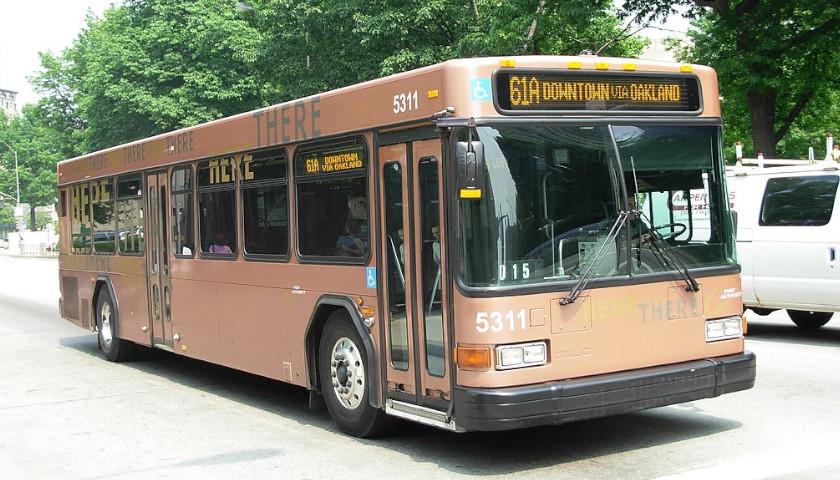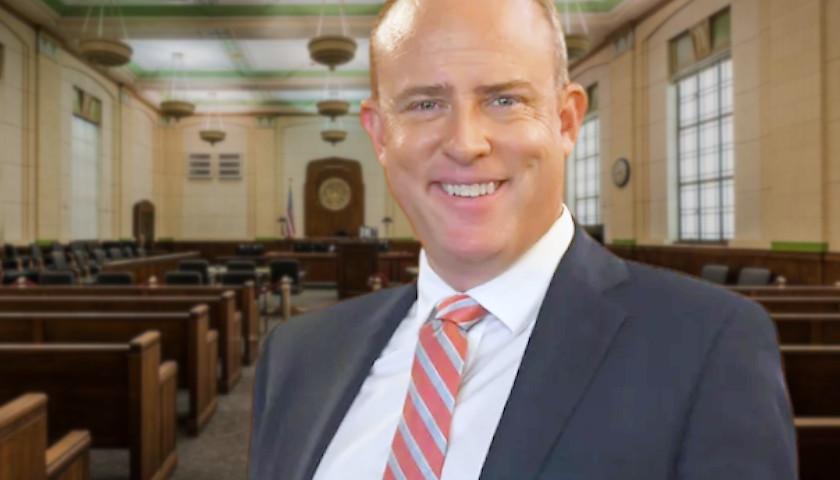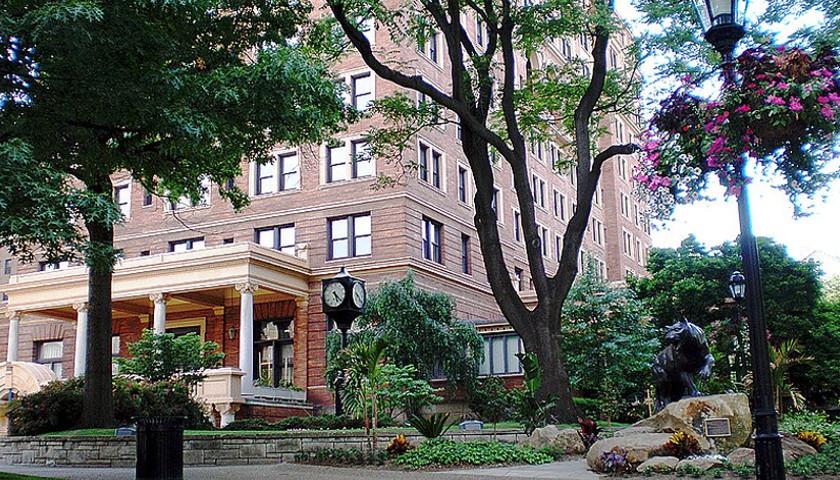by Anthony Hennen
The relatively high cost of Pittsburgh’s bus and light-rail operations means that, in the near future, Allegheny County officials must choose between raising taxes to fund it or find a way to cut costs.
So argues the Allegheny Institute for Public Policy’s Research Director Eric Montarti and research assistant Scott T. Cross in a policy brief advocating for “hard decisions” to be made instead of raising county taxes and fees.
“There are significant negative economic implications of high cost public services that require funding through taxation,” Montarti and Cross wrote. “It is important that the next chief executive appoint no-nonsense board members that will push for changes to future labor contracts, service levels, fares and fleet that realistically align with ridership and with the taxes paid by county taxpayers.”
The concerns over high operating costs aren’t new. The Institute argued that Pittsburgh’s light-rail costs are 25% above the national average, as The Center Square previously reported, with the city’s light-rail system resembling San Jose and Los Angeles more than similarly-sized cities. Transit officials say the difficult topography of the city and the system’s age – measured in centuries and not decades – makes comparisons a game of apples-to-oranges.
Regardless, the high cost comes at a time when ridership levels are significantly below what they were prepandemic and federal money ends.
Montarti and Cross say Pittsburgh Regional Transit should “move from being an authority with expansionist tendencies to one that efficiently operates the mass transit service it has.”
Financial issues aren’t unique to Pittsburgh. Philadelphia’s Southeastern Pennsylvania Transportation Authority expects a $240 million deficit when federal aid ends in 2025 that will require service cuts or more public funding. On the state level, a proposed bill in the General Assembly would allow county-level tax increases to fill the gap.
– – –
Anthony Hennen is a reporter for The Center Square news wire service, covering Pennsylvania, and co-host of Pennsylvania in Focus, a weekly podcast on America’s Talking Network. Previously, he worked for Philadelphia Weekly and the James G. Martin Center for Academic Renewal. He is managing editor of Expatalachians, a journalism project focused on the Appalachian region.
Photo “Pittsburgh Public Transportation” by Piotrus. CC BY-SA 3.0.






Public transit is essential not only for cities but also for small towns and rural areas. At one time, Pittsburg had an excellent system of inter-modal public transit using streetcars and motorcoaches. If they must use taxation to rescue their system, make it a fair tax system that requires the wealthy to pull their weight instead of shifting the tax burden on the middle- and low-income people. But we cannot afford to destroy mass transit!